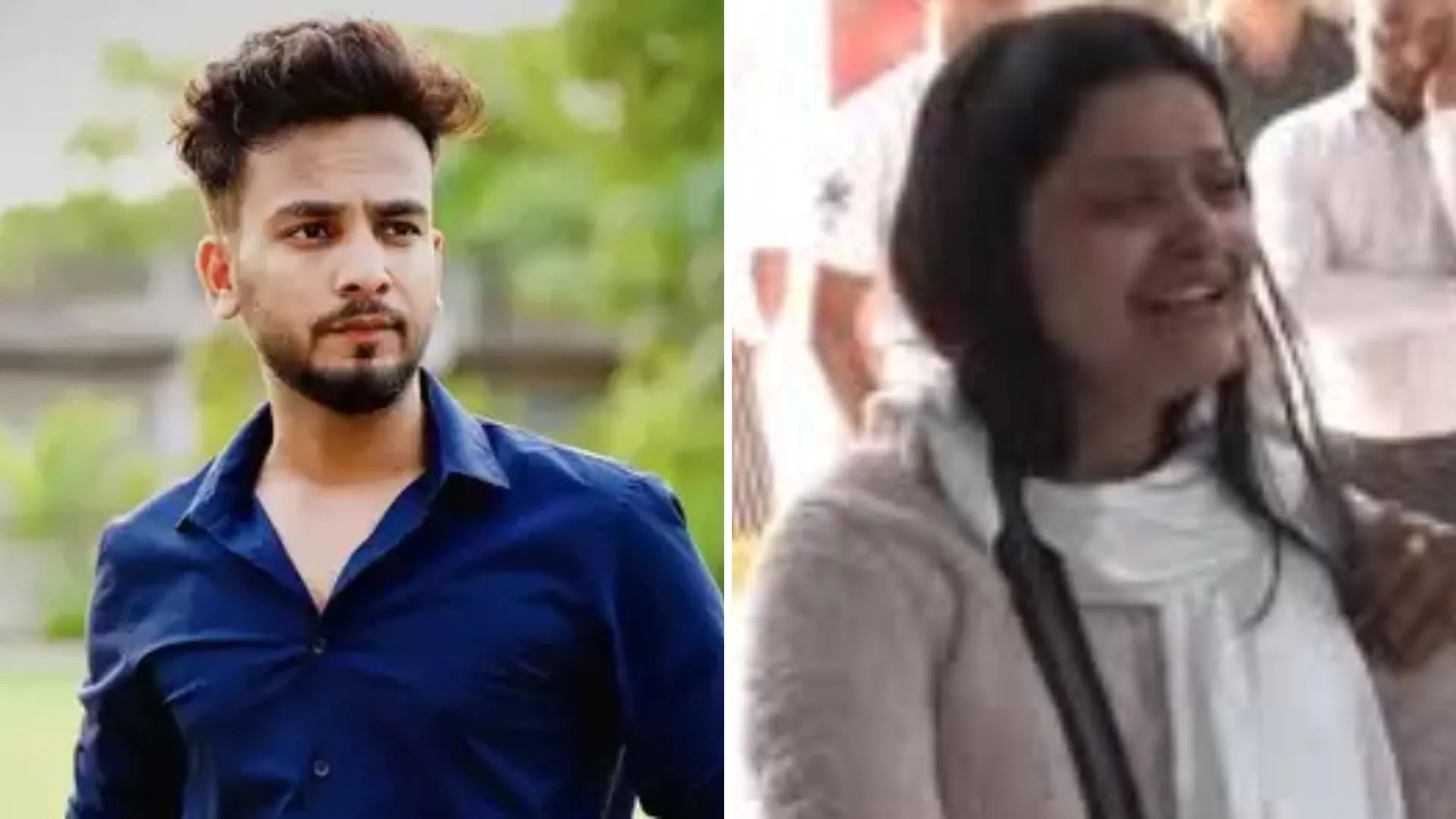In a sharp critique of Pakistan’s foreign policy and terror sponsorship, External Affairs Minister S. Jaishankar said on Sunday that Islamabad got trapped in its own web of duplicity after the US withdrawal from Afghanistan. Speaking at the Charotar University of Science and Technology, Jaishankar accused Pakistan of “playing both sides” in Afghanistan—supporting the Taliban while appearing to back US efforts—only to suffer when its strategy collapsed.
“Pakistan was playing a double game. It was with both the Taliban and also with the other side. But, when the Americans left, the double game could not be sustained,” said Jaishankar, drawing a direct link between Pakistan’s actions and the worsening security situation within its own borders.
According to Jaishankar, the very terror machinery Pakistan nurtured for decades has now boomeranged. He referred to it as an “industry” that once offered Islamabad tactical leverage, but is now destabilising it internally.
26/11: The Breaking Point
The minister also revisited the 2008 Mumbai terror attacks, calling them the “turning point” in India’s diplomatic posture towards its neighbour.
“Indians collectively felt that such behaviour from a neighbouring country could no longer be tolerated. That feeling was very, very strong in Indian society,” he said, adding that the government in power at that time may not have fully recognised the national sentiment.
Jaishankar noted that since 2014, when the current government assumed power, India has sent Pakistan an unambiguous message: terrorism will come with consequences.
“After 2014, Pakistan was given a firm message. During this period, India has grown economically and politically, and our standing in the world has improved. But Pakistan continued with the old playbook,” he said.
India Moves Ahead, Pakistan Stagnates
Drawing a stark comparison between the two nations’ trajectories, Jaishankar observed that India has undergone significant transformation, while Pakistan has remained stuck in outdated, counterproductive tactics.
“I wish I could say Pakistan has changed too. Unfortunately, they are continuing their bad habits,” Jaishankar said, urging Indian citizens not to “waste precious time” on a neighbour that refuses to evolve.
Rana Extradition: A Milestone in Justice
Jaishankar’s comments come days after Tahawwur Hussain Rana, one of the key conspirators of the 26/11 Mumbai terror attacks, was extradited from the United States to India.
US Secretary of State Marco Rubio had earlier confirmed the extradition, saying, “We extradited Tahawwur Hussain Rana to India to face charges for his role in planning the horrific 2008 Mumbai terrorist attacks. Together, with India, we’ve long sought justice for the 166 people, including six Americans, who lost their lives. I’m glad that day has come.”
Jaishankar responded by highlighting the robust India-US counter-terrorism partnership, stating, “Appreciate the counter-terrorism cooperation between our two countries. This is indeed a big step in ensuring justice for the victims of 26/11 attacks.”
Must Read: Afghanistan To Face Healthcare Crisis By The End Of This Year: WHO























